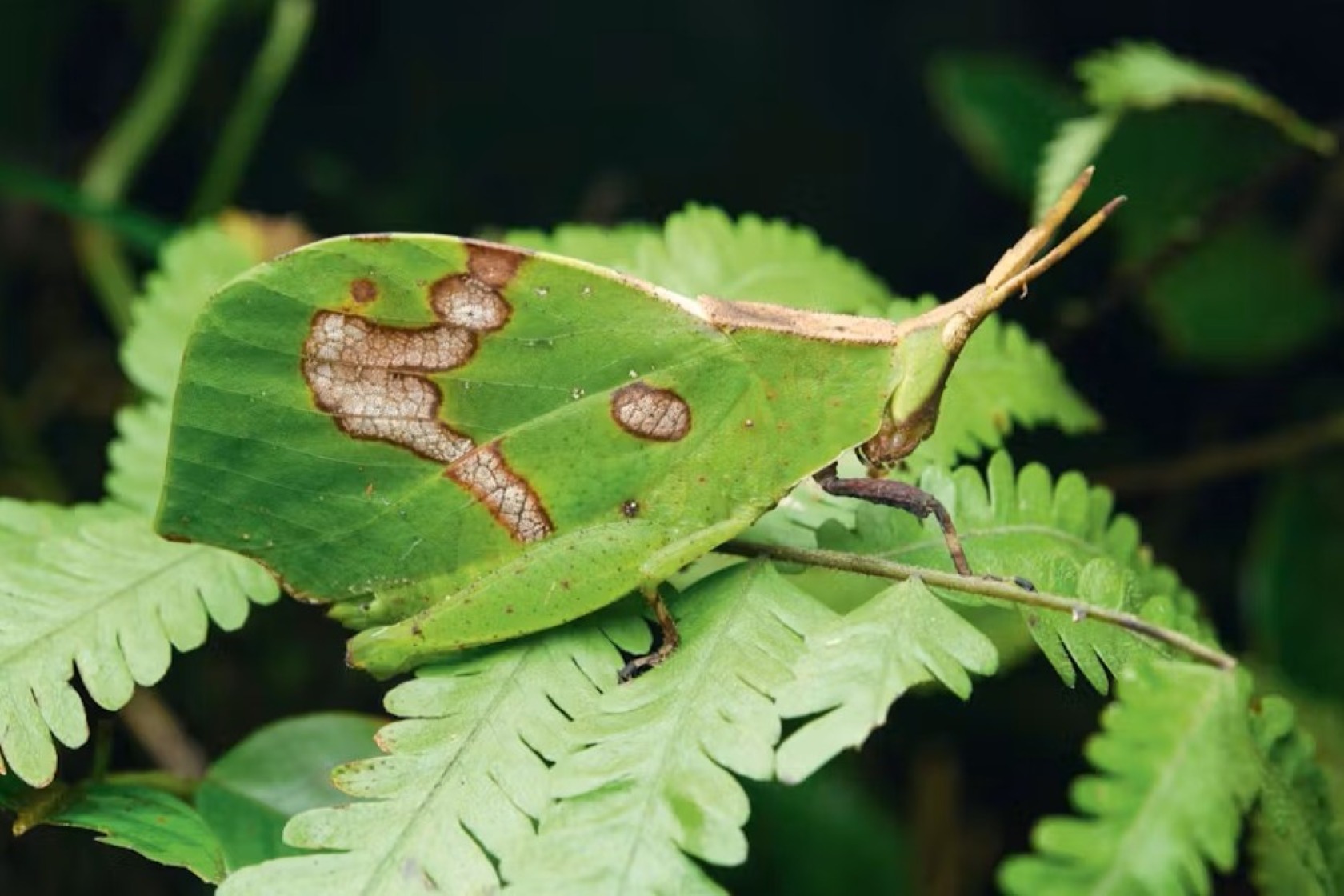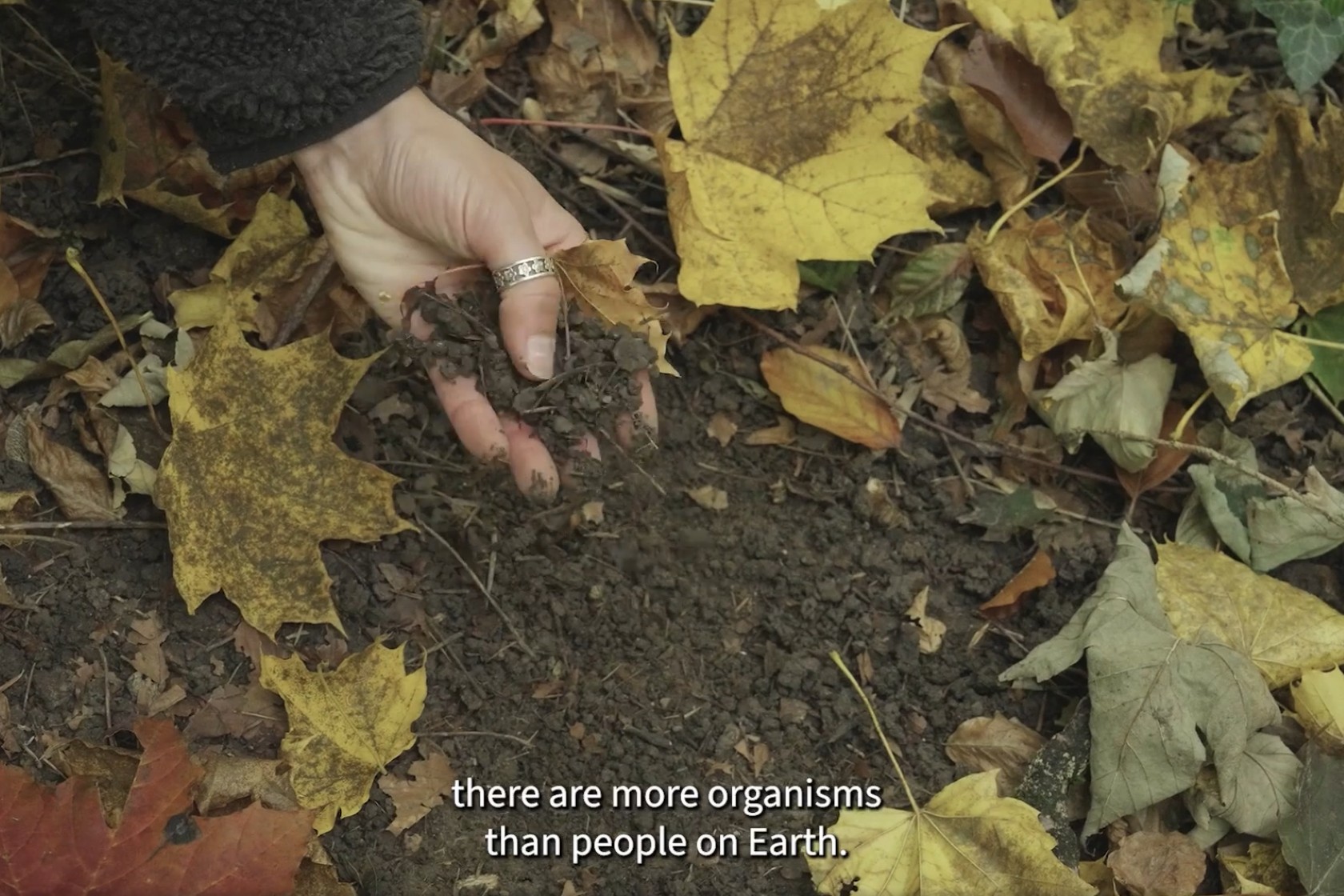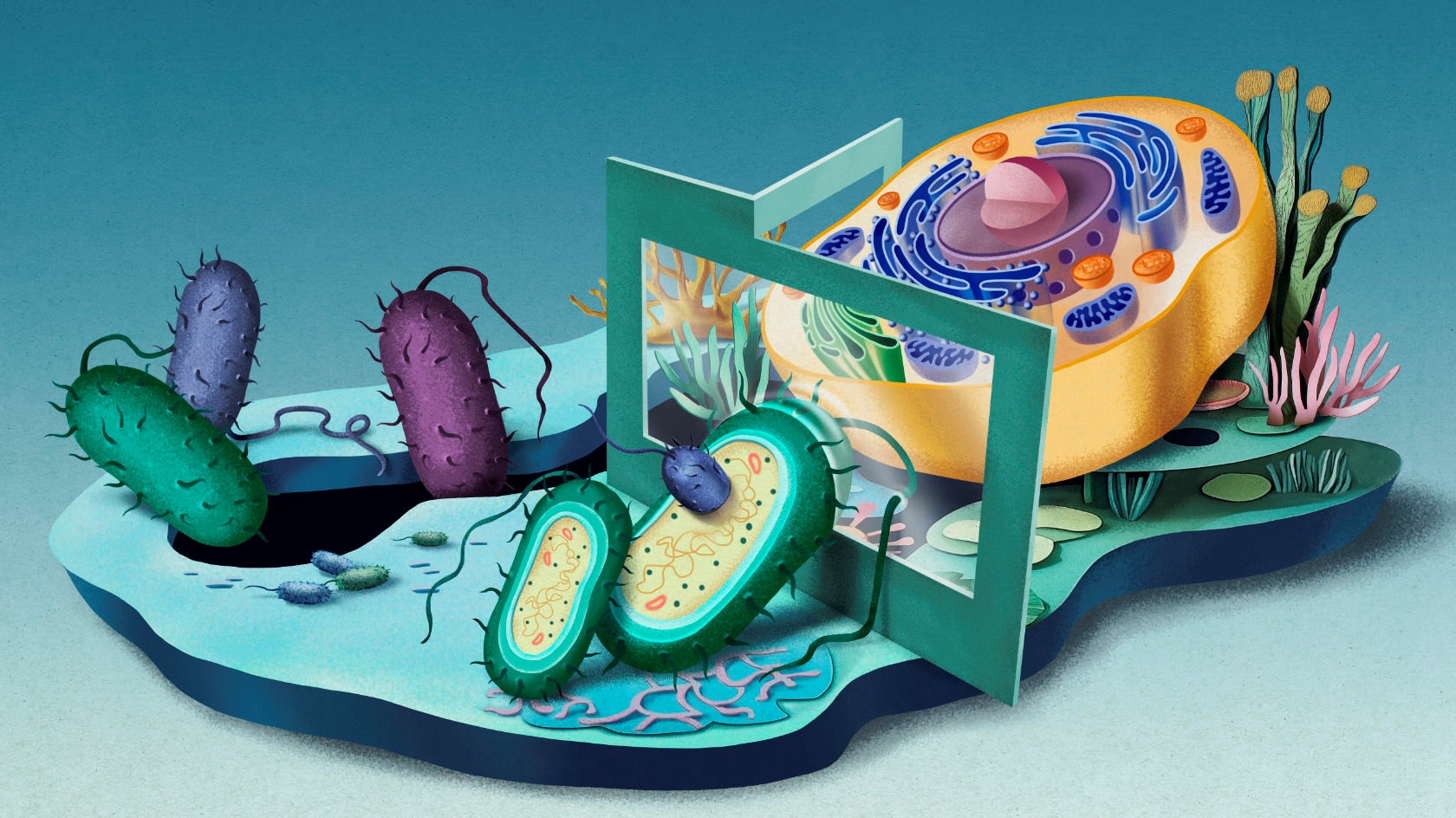News
-

A new book on the world of grasshoppers
Dr. Oliver Hawlitschek of the University of Zurich has edited a new book on grasshoppers together with Prof. Dr. Martin Husemann, Director of the Natural History Museum Karlsruhe. The publication focuses on a group of animals that, despite their remarkable global diversity, often receives little public attention.
-

Faculty of Science awards dissertation distinction to Cengiz Akandil
The Faculty of Science has awarded Cengiz Akandil a distinction for his PhD thesis, “Impact of Industrial Human Activity Quantified by Artificial Light at Night on Arctic Ecosystems”. Supervised by Prof. Dr. Gabriela Schaepman-Strub, his work introduces a novel approach to assessing industrial activity in the Arctic using light pollution, enabling to link economic activity with ecological processes.
-

Film about study programmes in Biodiversity
The video offers an overview of the content, key topics, and perspectives of the programmes.
-

Hydrobiology Limnology Award for Mara Knüsel’s dissertation
The Hydrobiology Limnology Foundation for Water Research in Switzerland issues an annual award for dissertations and master theses on limnology. This year, UZH and Eawag researcher Mara Knüsel received the award for her PhD thesis entitled “Opening the Black Box: Biodiversity and Biogeography of Groundwater Amphipods in Switzerland”.
-

SRF Highlights Research by Prof. Marta Manser
Swiss broadcaster SRF has released a German-language audio feature.
-

World Biodiversity Forum 2026 – Calls
The World Biodiversity Forum 2026 invites researchers, professionals, artists, and engaged stakeholders from around the world to contribute.
-

How Did Complex Life Evolve?
According to evolutionary biologist Jordi Bascompte, the transition from simple prokaryotes to eukaryotic cells was likely the most important step in the history of life on Earth.